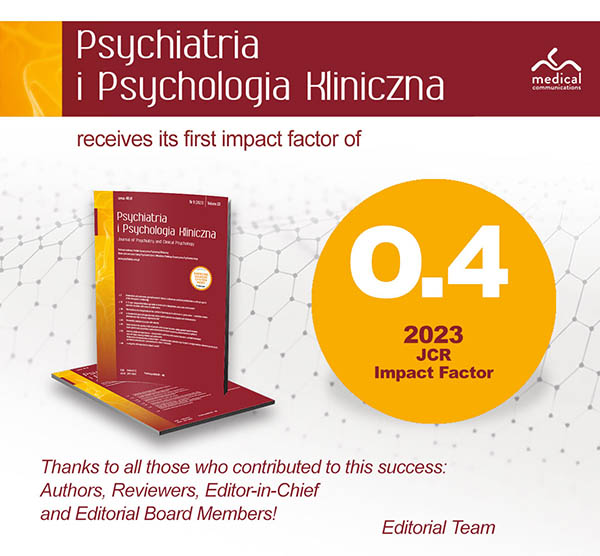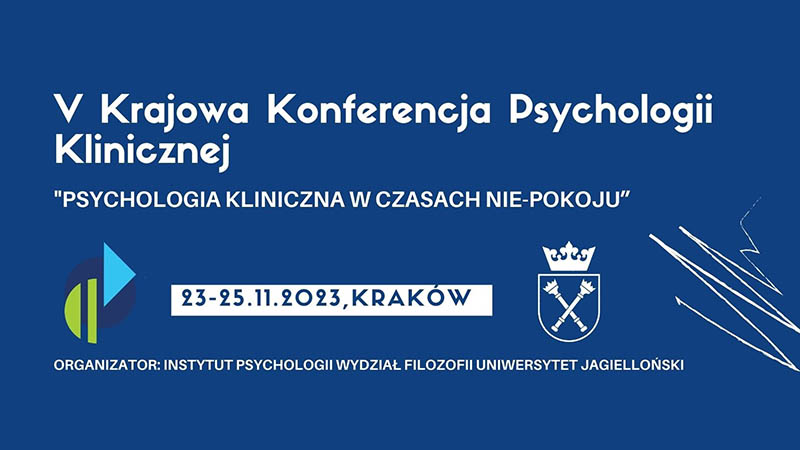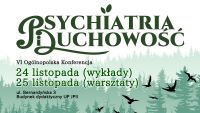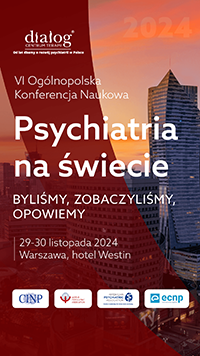The specificity of parenting interaction of a mother and her child with ADHD
Monika Szaniawska
 Affiliacja i adres do korespondencji
Affiliacja i adres do korespondencjiThe study was aimed at determination of the specificity of parenting interaction of mothers of children with diagnosed attention-deficit/hyperactivity disorder (ADHD). Its theory is underlain by Barkley’s concept, conclusions derived from the interaction model describing the parenting process and results of studies on “difficult” children carried out within this model. The mother’s cognitive scheme relating to the parenting interaction with the child was investigated in view of the child’s representation, aiding strategy, expectations of self-reliance and efficiency of competence transmission within executive functions (the correct development of which in a child is indispensable to exercise its behaviour selfcontrol). Two techniques from previous studies were used for this (Ziątek – a tool to measure the expected self-reliance level and Kwiatkowska – a tool to measure the aiding strategy), as well as the method of diagnosing the cognitive functions teaching process, which was created specifically for these studies (acc. to Barkley’s theory). The results of the studies point to some differences in motherly representations of parenting interaction. Mothers of children with ADHD are more focussed on the child’s negative traits, they do not teach their children the behavioural inhibition in an effective way, thus unwittingly contributing to increasing the deficits resulting from the child’s neurodevelopmental disorders, whereas their high expectations of self-reliance assume the form of a lack of control of the child.















